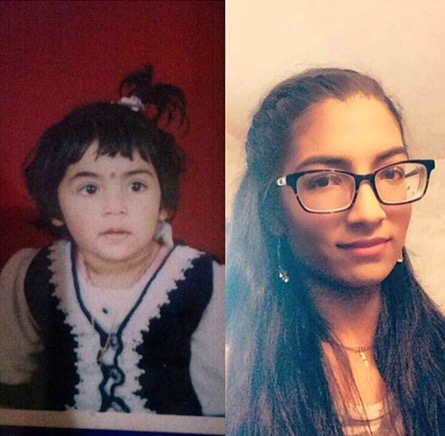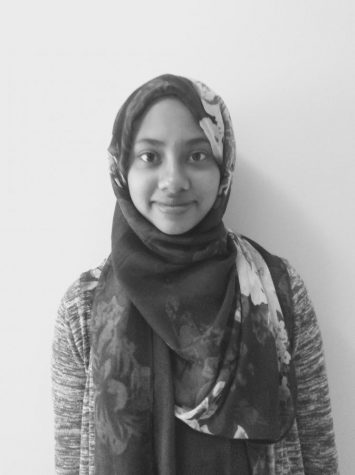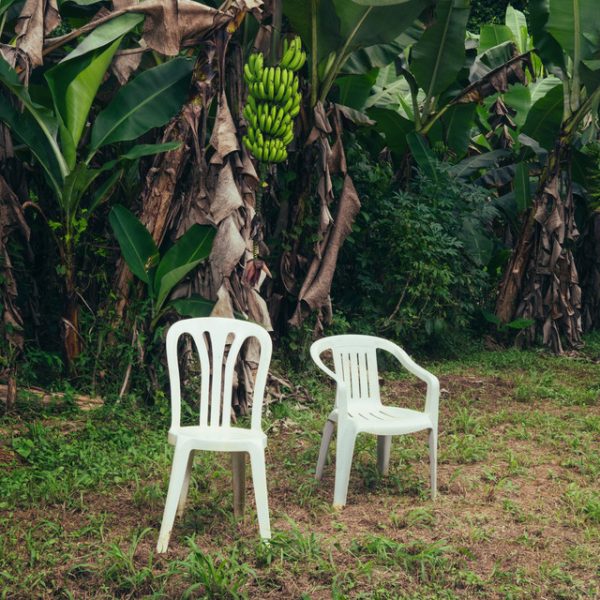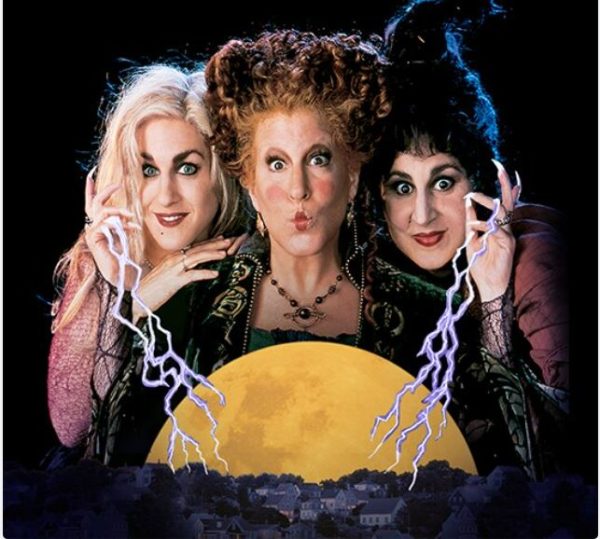What it Means to be an Immigrant from a Glenbard West Student
“I didn’t even know a word of a English, and I would many times sit in class listening to the teacher and not understanding a word she was saying.”

Alexia at the age of 2 and present day.
While many people enjoy the luxury and the similarity of daily routines, it is also extremely easy to forget just how privileged we are.
Alexia Lukose, a current senior at Glenbard West, didn’t grow up the same way most people at West did. Instead, home to her is in an entirely different country. Lukose says, “I think of a place of traditions and cultures, vibrant, and breathtaking.” She’s talking about Kerala, India or as it is sometimes known, “God’s own country.”
At the age of 7, Alexia and her family finally secured a green card, a process which took 12 long years, to come to America – a place much of her family believed to be “a big place where their lives could only get better.” She also states, “When I thought of the American dream I thought of a really big house, a bunch of cars, and maybe a dog.”
The idea of moving to America, when first brought up to her, seemed both strange and frightening. “I felt scared, it was a totally different culture. Lukose continues, “I didn’t know the language, meaning I couldn’t talk to anyone but my family.”
Upon physically arriving to the country, much of what she had perceived America to be turned out to be false, and the American dream was not so evident as she had originally deemed it to be in the daily life that surrounded her.
One of the biggest struggles she faced which was originally a big fear of hers was the language barrier. “I didn’t even know a word of a English, and I would many times sit in class listening to the teacher and not understanding a word she was saying.” She also found herself to be a big target for bullying, especially since she wasn’t familiar with much of what was so familiar for many others; as a result, she states that she “became very antisocial,” and since she didn’t know the language, she found herself frightened of saying anything at all worrying that others would laugh at her. All the while, as an underlying struggle she had to balance her newfound American beliefs with those of her traditional values from her own Indian culture.
Especially today, Alexia has found one of the hardest things to deal with is the struggle of identity. She states, “I’m not American enough and I’m not Indian enough.” She instead feels to be a blend with some parts of each culture clashing and mixing in different aspects.
While the idea of “fitting in” is a struggle in and of itself for most teenagers especially in school, it seems even more daunting immigrating from a completely different country. Alexia states, “I still don’t feel like I have really fit in.” However, the one thing America has offered her is a whole new perspective. “There are other ways of thinking, and I have gotten to learn how other people live.” More than anything Alexia states that it is a huge privilege. “I’ve learned that there is more. Sometimes my traditional values aren’t always right and there may be a better way of thinking and believing.” On this note, the most positive outcome of her immigration to her was the idea that she was able to better her education even more so through Glenbard West. “They let me explore many areas to find my true calling, and they’ve really helped me find the path for me.”
One takeaway that Alexia believes is extremely significant, however, is that “immigrants come to a different country to better the lives of themselves and their families.” Acceptance is a two-way street, she maintains “It is the responsibility of both immigrants and those born in America to reach acceptance.”

Aliyah Mohiuddin is currently an editor and columnist for The Glen Bard. Her current column is called "Hidden Stars at West," featuring different students...







